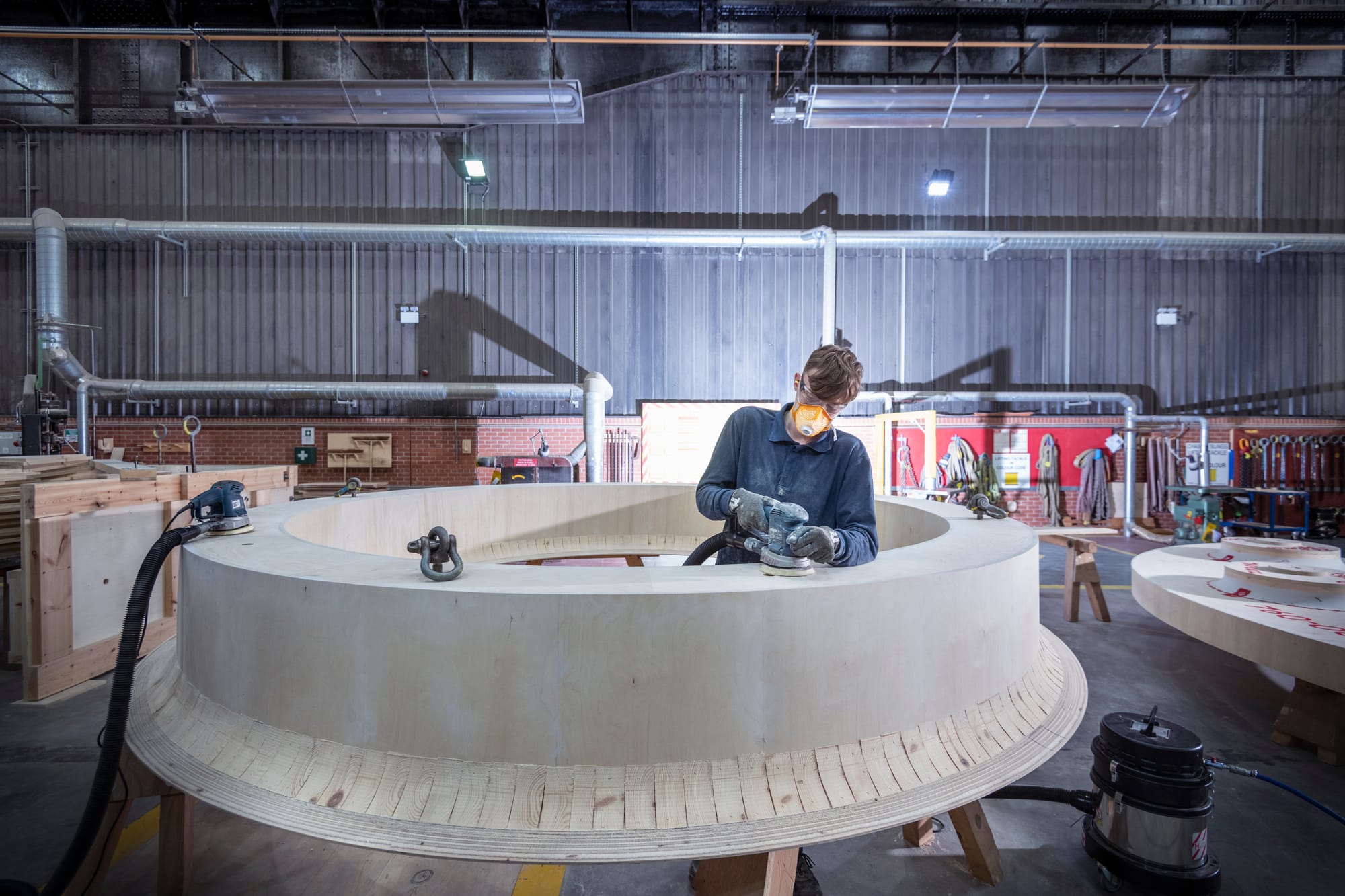Extension of Government energy scheme is welcome but falls short compared to Europe

9 January 2023
Commenting on the launch of the Energy Bill Discount Scheme, Director General of UK Steel, Gareth Stace, said:
“We welcome the announcement from the Government to launch the Energy Bill Discount Scheme, providing some important certainty and stability for steel producers’ production costs during this extremely difficult economic climate. Steel production is highly energy and trade intensive, and the extended support will provide a critical shield against high energy prices, which will continue this year and beyond.
“However, there will be concerns that the newly announced support falls short of that of competitor countries, including Germany. Today’s reforms significantly narrow the help that Government will provide, with a maximum discount of £89/MWh, which stops delivering once those prices go beyond a ceiling of £274/MWh. The Government is betting on a calm and stable 2023 energy market, in a climate of unstable global markets, with the scheme no longer protecting against extremely volatile prices. The German Government guarantees an electricity price of €130/MWh for the whole of 2023, ensuring German industry can continue to operate competitively within Europe and beyond. In contrast, the reformed EBDS provides a discount for electricity prices above £185/MWh, leaving UK steel producers paying an estimated 63% more for power than German steel producers this year. This situation will maintain a long-standing competitive disadvantage for UK producers, resulting in higher production costs and a reduced ability to compete this year.
“Given the disparity in relief provided in the UK and competitor countries, it is essential that the Government now delivers on its Energy Security Strategy and addresses the outstanding disproportionate costs UK steel producers face in electricity bills, including high renewable levies and network costs. Years of paying more for these elements of electricity costs have placed UK industry at a competitive disadvantage against its European and global competitors.
“Steel demand and prices are falling in the UK and across Europe, while key input costs remain persistently high, leading to reduced production, shrinking market share, and increased imports for the UK. Whilst we are grateful and pleased to see that Government has acted to extend the scheme, there remains a vital gap in that delivery. We urge Government to take the next step and look to match what is provided in Germany for the most energy intensive industries.”
Notes
Comparison of estimated electricity prices faced by German and UK steel producers:

Using predicted future wholesale electricity prices for financial year 2023/24, applying carbon costs, renewable levies, network charges, and government exemptions for the UK and Germany, the electricity prices that a steel company would pay are currently estimated to be £174/MWh for UK steel producers and £107/MWh for German producers:
- Steel production and processing is an incredibly energy intensive process, with energy making up a substantial proportion of the cost of converting globally priced raw materials into finished steel products for consumers.
- The price of electricity directly impacts competitiveness and which price UK steel producers can sell their steel at on the global market. It also affects the ability to attract investment and, longer-term, to decarbonise.
- The UK steel industry’s power use is equivalent to 800,000 homes, and gas use equals 400,000 homes.
- The extended EBRS scheme provides a maximum discount of £89/MWh for electricity prices above the threshold of £185/MWh, and a maximum discount of £40/MWh for gas prices above the threshold of £99/MWh for the duration of the financial year 2023/24 for 70% of historical consumption.
- The German Government has launched a scheme which will guarantee an electricity price of €130/MWh for 70% of power consumption for 2023, ensuring German industry can continue to operate competitively.About UK Steel: UK Steel is the trade association for the UK steel industry. It represents all the country’s steelmakers and most of downstream steel processors.
The UK Steel sector:
- Produces 7.2Mt of crude steel a year, around 70% of the UK’s annual requirement (annual demand of 10.5Mt)
- Employs 34,500 people directly in the UK and supports a further 43,000 in supply chains
- The median steel sector salary is £37,629, 45% higher than the UK national median and 59% higher than the regional median in Wales, and Yorkshire & Humberside, where its jobs are concentrated
- Directly contributes £2.4 billion to UK GDP and supports a further £3.1 billion
- Directly contributes £2.4 billion to the UK’s balance of trade
- 96% of steel used in construction and infrastructure in the UK is recovered and recycled to be used again and again